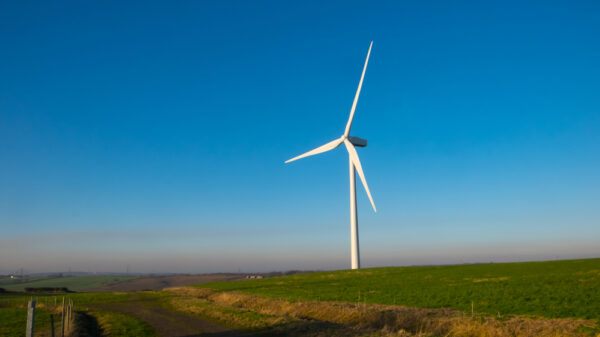Be.EV, the EV charging network, has bagged £55 million in financing as it looks to speed up the growth of the UK public charging network.
The funding comes in the shape of debt financing from the high-street bank NatWest and the German state bank KfW IPEX-Bank.
Be.EV says the deal will help speed up the electric vehicle charging roll-out, which the Manchester-based firm says is failing to meet the needs of drivers, pointing to industry figures showing only 5,336 locations in the UK offering rapid and ultra-rapid charging, most of which are in London.
The new funds will be enough to provide over seven million miles of extra range per hour for drivers outside the M25.
An increase in electric vehicles is seen as a key plank in the UK’s ambition to reach net zero by 2050.
Subscribe to Sustainability Beat for free
Sign up here to get the latest sustainability news sent straight to your inbox everyday
Along with funding from Natwest and KfW IPEX-Bank, Be.EV said Octopus Energy Generation continues its commitment, with further funding allocated as part of the £110 million cash injection announced in 2022.
Be.EV say the funds will be used to drive the expansion of its charging network, which is on track to operate more than 1,000 publicly accessible rapid and ultra-rapid charge points nationwide by the end of 2024.
The expansion will serve communities across the UK who don’t have access to rapid and ultra-rapid charging.
The funds will also help Be.EV to cement its foothold in Manchester and the North West, where it has already installed more than 600 charge points for the one million registered plug-in vehicles in the region.
CEO Asif Ghafoor said: “This sizeable commitment from NatWest and KfW and the continued support from Octopus Energy Generation paves the way for future investments in the industry, which ultimately benefits the driving community and helps the government’s zero-emission-vehicles by 2035 mandate.
“It proves that investors, both domestic and international, are confident in the UK’s transition to EVs and its importance in transitioning to a net zero economy.”
Research published earlier this month found that buying an electric vehicle over a petrol equivalent will save motorists up to £7,000.










